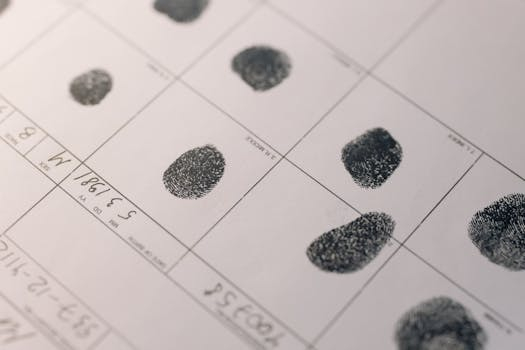The Role of Forensic Accountants in Major Trials
In the world of law and justice, forensic accountants play a crucial role in major trials. These highly skilled professionals bring their expertise in financial analysis and investigation to aid in the determination of guilt or innocence. With the rise of complex financial crimes and white-collar offenses, the demand for forensic accountants has increased significantly. But what exactly is the role of forensic accountants in major trials? In this article, we will delve into the key responsibilities and contributions of these professionals in the courtroom.
The Investigation and Analysis of Financial Evidence
One of the primary roles of forensic accountants in major trials is to investigate and analyze financial evidence. When a financial crime is suspected, these professionals are called upon to comb through financial records, transactions, and statements to gather evidence. Their expertise in financial analysis allows them to uncover any discrepancies, irregularities, or inconsistencies that may point to fraudulent activities.
Furthermore, forensic accountants also have the skills to follow the money trail and trace any hidden assets or funds that may be linked to the crime. This is particularly important in cases of embezzlement or money laundering, where perpetrators often try to conceal their ill-gotten gains.
Expert Testimony and Evidence Presentation
Forensic accountants not only gather and analyze evidence, but they also play a crucial role in presenting their findings during the trial. As experts in their field, they are often called upon to provide testimony and explain complex financial concepts to judges and juries. Their testimony can greatly influence the outcome of a trial, as they can provide concrete evidence to support their findings.
In addition to their testimony, forensic accountants also assist in the preparation and presentation of financial evidence. They create visual aids such as charts and graphs to help jurors better understand the financial evidence and its significance. This is essential in cases where the evidence is complex and difficult to comprehend for the average person.
Assessing the Financial Impact of the Crime
Apart from gathering evidence and providing testimony, forensic accountants also play a critical role in determining the financial impact of the crime. This is especially important in cases where the accused is being sued for damages. Forensic accountants use their expertise to calculate the financial losses incurred by the victim or the company as a result of the crime.
For instance, in cases of fraud, forensic accountants can determine the amount of money that was misappropriated or stolen. They can also assess the overall financial impact on the company, such as decreased profits or loss of reputation. This information is vital in determining the appropriate compensation for the victim and the level of punishment for the perpetrator.
Providing Litigation Support
Forensic accountants also provide litigation support to legal teams during major trials. They work closely with the attorneys to analyze the financial evidence and provide insights and recommendations regarding legal strategies. Their expertise in financial fraud and misconduct allows them to identify weak points in the prosecution’s case and provide counterevidence to debunk any false claims made by the defense.
In addition, forensic accountants also help attorneys prepare for cross-examination of financial experts from the opposing side. They can provide valuable insights into the financial evidence presented by the defense and help craft effective arguments to challenge their claims.
The Bottom Line
The role of forensic accountants in major trials cannot be underestimated. These professionals not only provide valuable evidence but also play a crucial role in presenting and interpreting financial evidence for judges and juries. They serve as experts both inside and outside the courtroom, and their contributions can make a significant impact on the outcome of a case. With the increasing complexity of financial crimes, the demand for skilled forensic accountants will continue to rise, making them an indispensable asset in the pursuit of justice.









